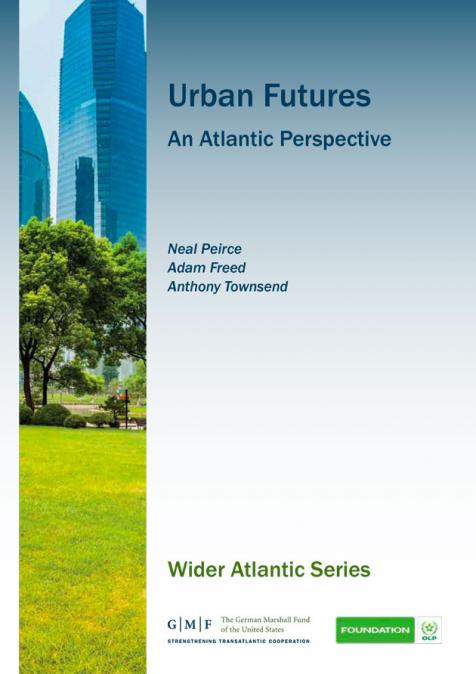The world is going through an economic, democratic, identity and climate crisis that is calling into question the very foundations of modern society. Thus, the multidimensional crisis characterizing contemporary international relations has exacerbated global geopolitical trends, including the struggle to uphold multilateralism in a climate of growing nationalism, protectionism and rising great power competition. At the same time, it has demonstrated the need for multilateral cooperation for the effective mitigation of cross-border threats, including in the Global South. In response to the numerous challenges facing contemporary multilateral organizations, and indeed the very idea of multilateralism itself, many have called for wholesale change yet few have provided specific details on substance or articulated how any such reforms might be supported or implemented. As the multidimensional crisis leaves parts of the world more fragile and vulnerable, it also precipitates the need for a reformed multilateral system fit for purpose and able to address the challenges of the future. Thinking through new practices to enrich multilateralism will be important for the further development of international cooperation.
- What are the main challenges of contemporary multilateralism?
- How can a new model of international cooperation help to achieve the multilateralism goals?
- Does the UN Charter need revision?



